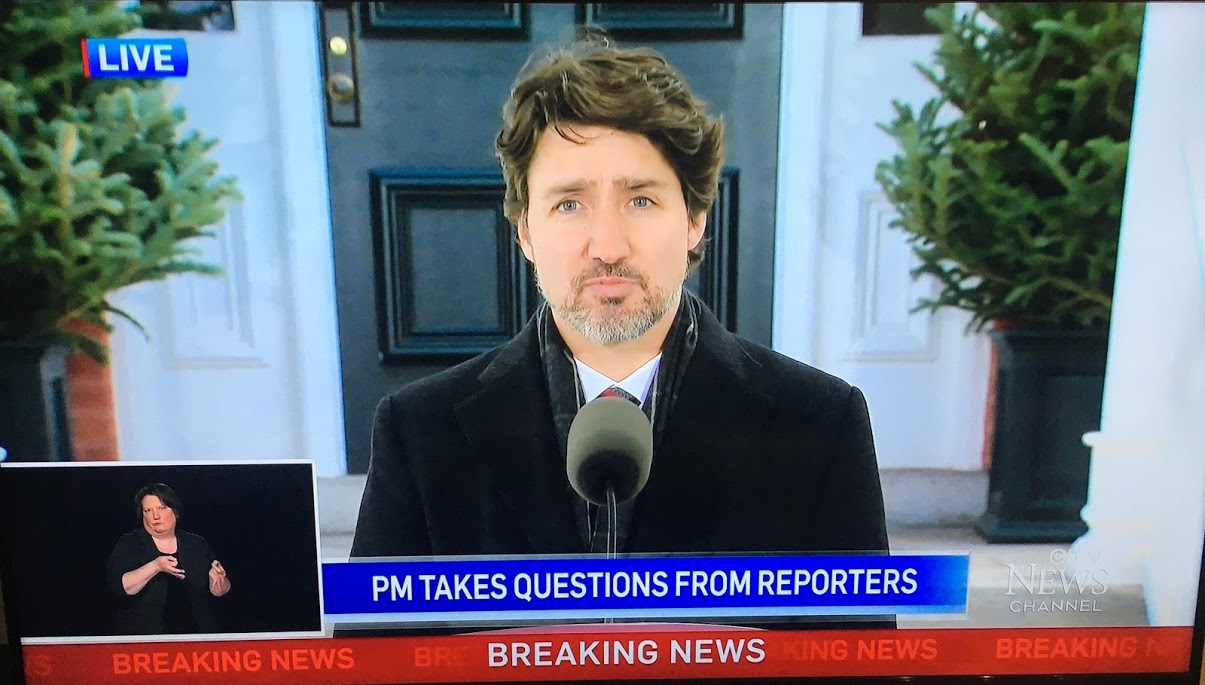
It’s one of the central debates around Canada’s foreign policy right now and it’s becoming more important as Beijing tries to smother what is left of democracy in Hong Kong.
Should Canada speak out against China?
The answer is clearly yes in my view even as others advocate against such an idea. I’ve been calling for the Trudeau government to take a strong stand in calling out China for a number of issues including their handling of the COVID-19 pandemic.
The lying to their own people, lying to the world, allowing the virus to spread far and wide before admitting that they had been hiding what they truly knew. Now we have the attempt to end democracy in Hong Kong to add the list of grievances we have with the rulers in Beijing.
Over at the Toronto Star, columnist Martin Regg Cohn cites the plight of Michael Kovrig and Michael Spavor as two reasons for Canada not taking a strong stand unless we are standing with a broad coalition.
The suggestion that Canada unilaterally cut off Hong Kong from its special trading relationship, or snub China in other ways, is divorced from the brutal realpolitik of international relations.
I may be missing something but who is advocating Canada “unilaterally cut off Hong Kong” in her hour of need? Beijing is using the pandemic to exert control and pass new laws that will eliminate more of the democracy the residents hope to hang on to.
Keeping quite hasn’t helped
As for the two Michaels, they have been held for 533 days, kidnapped really, by a Chinese government upset over the detention of Meng Wanzhou. I understand wanting to deal in quiet diplomacy to get them out but so far, that hasn’t worked.
In fact, despite the best efforts of Prime Minister Justin Trudeau, Ottawa and Beijing are in a rough patch. China was already giving Canada the cold shoulder even before the arrest of Meng. Over the past few years we’ve seen Trudeau snubbed by China’s leaders on a visit, ongoing trade warfare for canola, beef, pork and other producers plus various threats from Beijing.
Simply put, China is acting like a bully and the only way to deal effectively with a bully is to stand up and call them out.
We should be calling out Beijing on all their actions from the handling of the virus to the kidnapping of two of our citizens, the trade warfare and the threatening of Hong Kong’s special democratic status.
We aren’t.
In fact, any time that Trudeau has been asked to criticize China he has gone out of his way to do the opposite. It’s been pointed out by writers such as Terry Glavin, former diplomats David Mulroney and Derek Burney along with myself and many others.
If we live in fear of angering China by standing up for our values then they have won, they have power over us. That isn’t a position we should want to be in.
We stood strong in the past
When South Africa remained an apartheid state, some international leaders didn’t want to use pressure tactics such as sanctions. Some thought that Canada shouldn’t take too hard a stance.
As Brian Mulroney explains in his memoirs, that isn’t how he saw it, convinced by a visit in late 1984 from Bishop Desmond Tutu.
“Do you think a middle power like Canada could have an effective impact on the situation,” I asked him.
Tutu was vigorous in his response. “I think Canada can have an important, even a lead, role in translating morality into political action,” he said.
South Africa and China are not similar countries, the situation is vastly different but the sentiment expressed by Tutu remains.
Canada has a chance to stand and take a lead role. We can translate morality into political action.
We haven’t been doing that but we should. Let’s stand on the right side of history.

